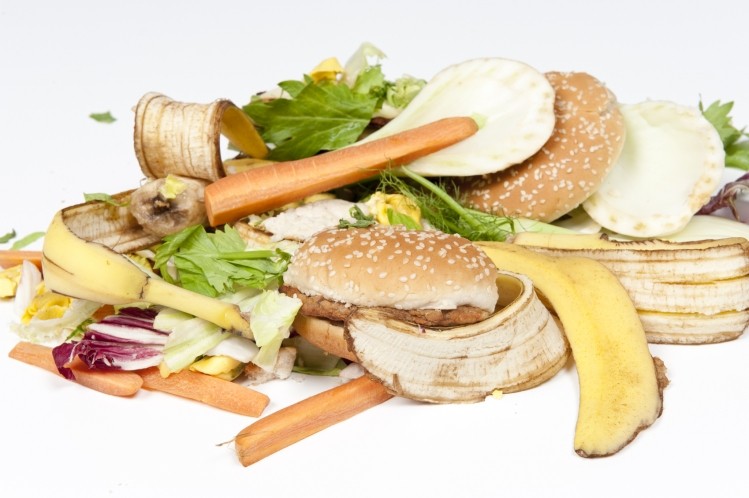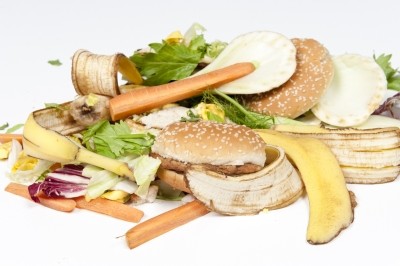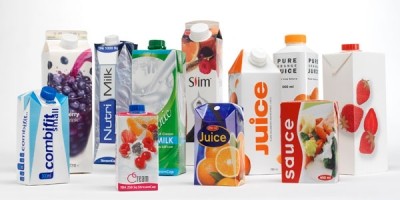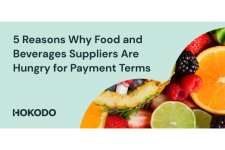Banning food waste to landfill ‘a political no-brainer’

At the same time, it needs to be made far easier for smaller food manufacturers and the hospitality industry to send their waste to anaerobic digestion (AD) sites, in order to preserve the lifecycle of key nutrients.
Those were two of the headline conclusions to come from a conference held at the Anaerobic Digestion and Biogas Show conference staged at the NEC in Birmingham this week.
Dustin Benson, senior policy advisor at think-tank Green Alliance, said a ban on sending food waste to landfill was essential, because the market had failed to recognise its economic worth.
“Historically we designed systems around the economy of digging things up, using them and then burying them back in the ground,” he told delegates.
“It is just too easy to stick things into landfill, even if it doesn’t make economic sense. It is a market failure.”
Closing the circle
Benson added his organisation’s figures showed there were savings of £693M to be garnered by avoiding landfill and ensuring food waste was consumed by humans, animals or sent to AD, where it is turned into power with the resulting digestate used as fertiliser, thereby ‘closing the circle’ for nutrients.
In practical terms, a landfill ban could be enforced in five to 10 years’ time, he added, in order to give industry, consumers and local authorities’ time to change their systems.
A key factor to avoid sending food waste to landfill was the introduction by local authorities of separate household food waste collections, added Benson.
Without it, the digestate created by AD can’t be used for fertiliser because the food waste could have been contaminated by other items.
“The evidence shows that separate food waste collections are not unpopular with the public,” he added.
“The figures show 76% of people want it and among those who already have it, 80% disagreed that it was a nuisance. It should be a political no-brainer.”
Chief executive of the Anaerobic Digestion and Biogas Association (ADBA) Charlotte Morton said UK businesses produced 7.8Mt of food waste a year with households creating 7.2Mt.
However, only 1.1Mt went to AD – just 7% - with 35% going to landfill.
Cost-effective
In addition to backing calls for separate food waste collections and a ban on sending it to landfill, Morton added it was also important to make sending waste to AD simple and cost-effective for business.
“For the food and drink industry there needs to be more flexible technology and collection regimes,” she added.
Better and more affordable collection options were especially important for smaller food manufacturers and the hospitality industry, she added.
“Space is often at a premium when it comes to housing separate recycling bin and storing food waste,” she added.
Morton also launched the first edition of ADBA’s ‘Practical Guide to AD’ – the first complete reference tool for those developing and operating AD facilities in the UK.
“Covering every stage of the anaerobic digestion process, this hands-on guide, has been developed by industry experts to boost the development of the expanding AD sector,” she said.
It shows manufacturers and other businesses the incentives, regulation and health and safety issues associated with AD, along with examples of industry best practice.



















